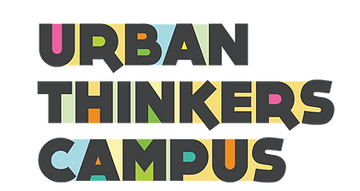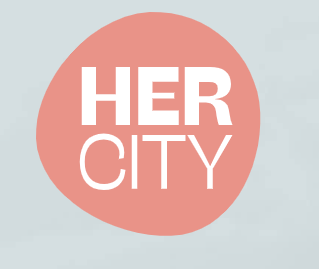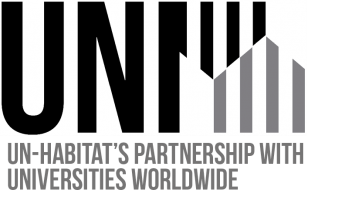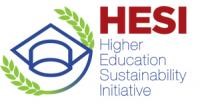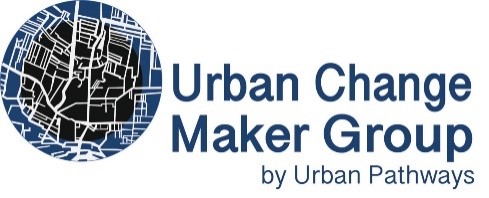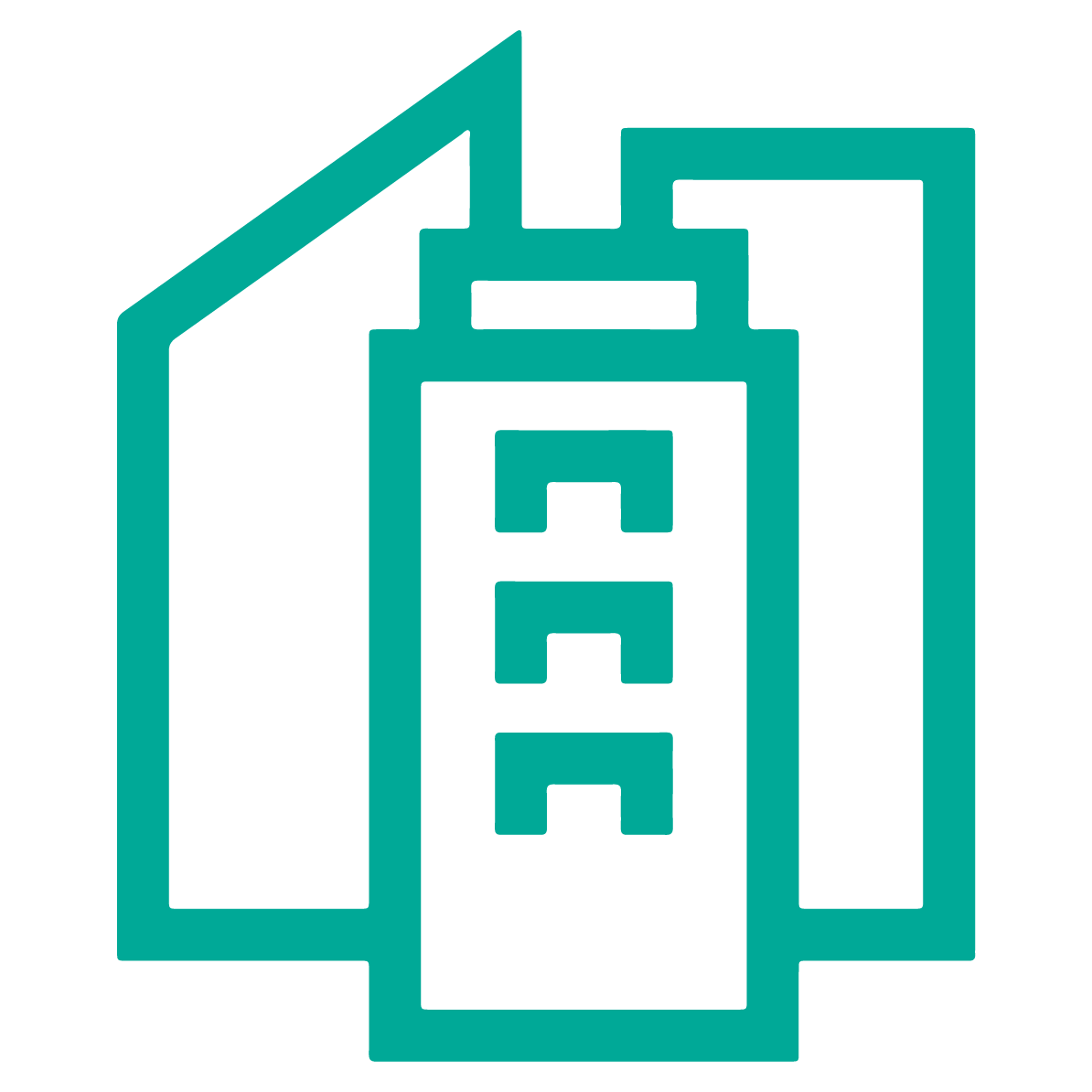Academia and Research

About
Academia and research are both pillars of innovation and learning, as well as hubs for the co-creation and dissemination of knowledge and evidence-based research. They sit at the interface of science and policy, promoting capacity building of national, subnational and local governments in the interests of the New Urban Agenda (NUA). Tertiary-education and research institutions are instrumental as educational spaces for training the next generation of urban professionals. Research and university networks, meanwhile, are platforms capable of encouraging dynamic action towards the SDGs and NUA and synergies between institutions in the Global North and South.
Capacity building platform of the Urban Living Labs Centre for the transformation of urban mobility, energy, and resource sectors.
Linking key sectors and actors is a vital step towards an integrated approach that helps decarbonizing urban systems and delivers liveable and accessible cities for all. Testing innovative solutions in urban living labs can be a key steppingstone, transferring these learnings into scaled-up public or private sector actions is then a vital next step towards transformative change.
The joint collaboration program of the Urban Living Labs Centre provides a structured capacity building, peer-exchange, and learning concept focusing on sectoral linkages between mobility, energy, and resources as well as the socio-economic, institutional, and political aspects that affect the adoption of smart mobility solutions in cities in Europe, Asia, Africa, and Latin America.
These are lecture packages focused on subjects related to cities and urbanization. Each package consists of a 15 min video, a synopsis of the topic, a biography of the speaker and links to in depth study. The speakers are associated with UN-Habitat’s work, recruited from universities, think-tanks, governments, NGO’s, and private sector institutions. The series wishes to demonstrate a sound evidence-based analysis of a given problem and issues at stake, identify propositions to address them and provide examples that demonstrate how such propositions actually work, are being tested or have been implemented.
Urban Thinkers Campus
The academic sector has not only been the leader in a variety of NUA-inspired activities, but also in advocacy. For instance, in 2017, TU Delft in the Netherlands organized an Urban Thinkers’ Campus (an initiative of UN-Habitat’s World Urban Campaign) on the topic of higher education for the NUA, focusing on how to prepare young professionals to understand and implement the NUA. This led to the publication of a report on education for the NUA at the 2018 World Urban Forum. Similarly, networks of universities and academics have also been following this approach. For example, the Global Planning Education Association Network (GPEAN) has held various discussions and panels on the role of universities in capacity building for the NUA.
Exemplary University Partnership: Her City Toolbox and the Technical University of Crete
A number of initiatives benefitting from strong partnerships with universities have emerged in recent years. The Technical University of Crete (TUC) collaborated with UN-Habitat to promote smart cities and the use of participatory digital tools to assess, co-design, implement, and govern public space through inclusive, just and sustainable processes. This collaboration aimed at strengthening students’ ability to use smart technologies in urban planning and design, while leveraging academic expertise to develop high-quality, evidence-based learning outcomes.
Through the promotion of the project among students, a connection was formed between them and the Technical University of Crete. The quality of the academic courses were improved, while literature reviews and links to other ongoing local projects were added. The TUC was able to establish a connection with the municipality, bringing them into the discussion at an early stage. This enabled them to mobilize funding for the course while still promoting the project implementation. This helped to shift the scope of the project from an academic course to impact on the ground.
This partnership with the TUC has led to the development of a master-level academic course which lasts for two semesters and is based on the Her City Toolbox. This has provided valuable input into publications, project proposals and other components of the toolbox.
Assessing Colombia’s national legal and policy frameworks with the University of Michigan
As part of the University of Michigan’s Capstone Fair project, urban planning and architecture students and professors recently completed an assessment of Colombia’s national legal and policy frameworks in relation to urban and climate planning. This was done in collaboration with UN-Habitat and in consultation with both the Colombian Ministry of Environment and Sustainable Development, and the Ministry of Housing, City and Territory.
The study was carried out through the use of the Law and Climate Change Toolkit, an online and open database grading system developed in partnership between UNFCCC, UN-Habitat, UNEP, and the Commonwealth Secretariat. The toolkit aims at providing a global resource to assist countries in building the necessary legal frameworks for effective domestic implementation of the Paris Agreement and their Nationally Determined Contributions.
This project was made possible as part of the framework of a multi-year project that aims at accelerating climate action through the promotion of Urban Low Emission Development Strategies, or Urban-LEDs, whose second phase of implementation (2017-2021) will be carried out by UN-Habitat in partnership with ICLEI and funded by the European Commission.
